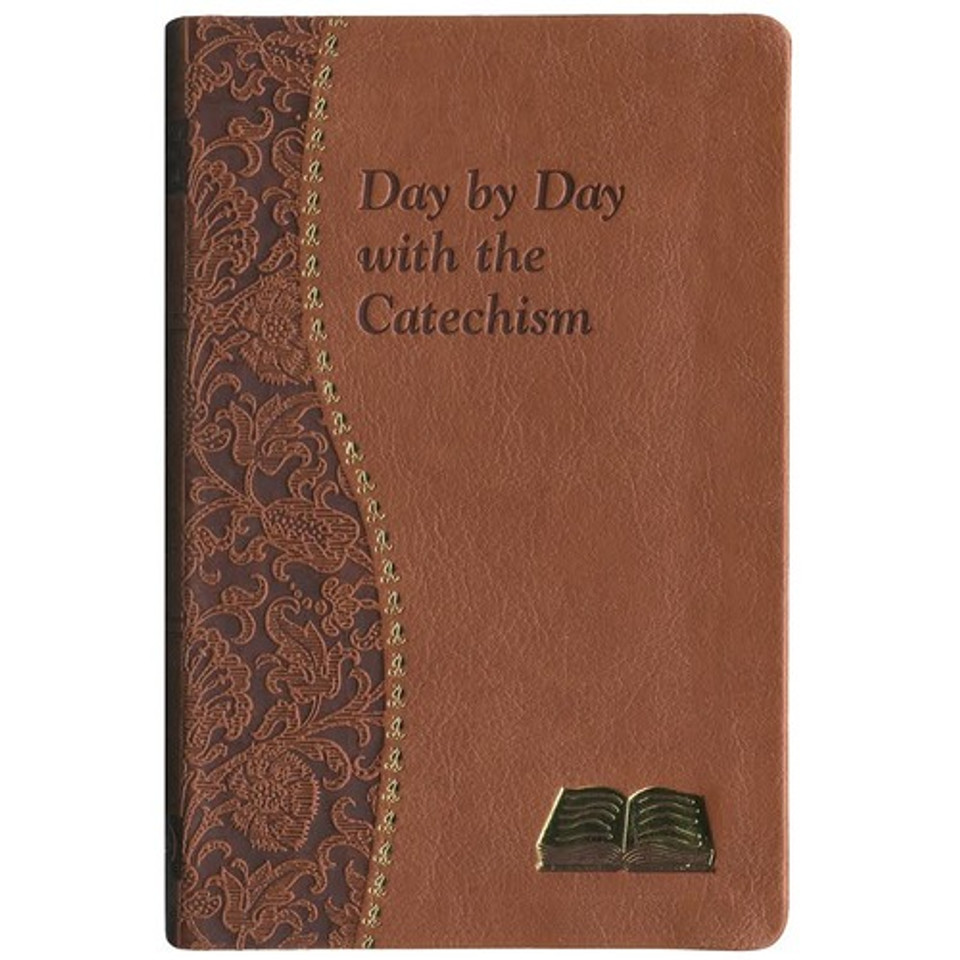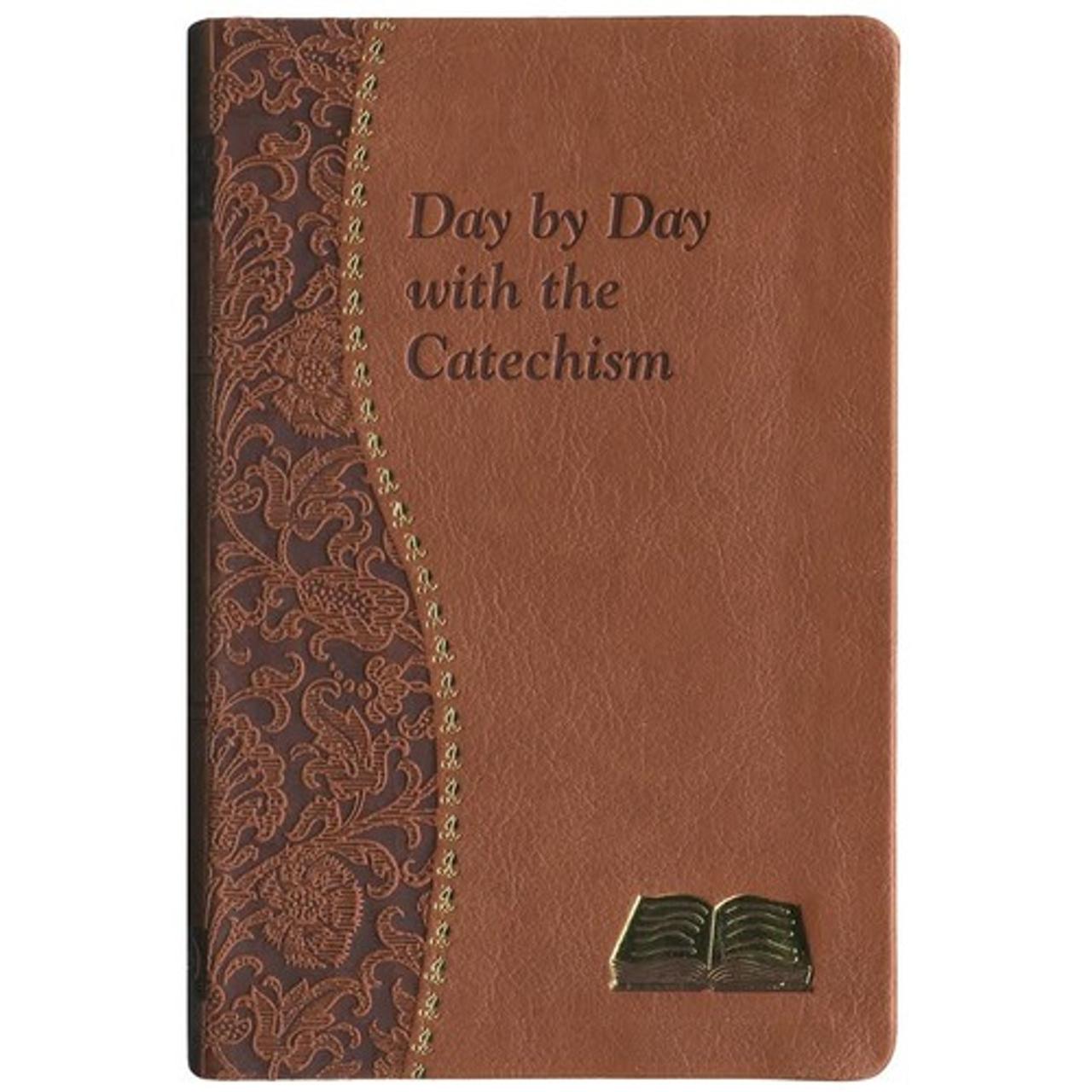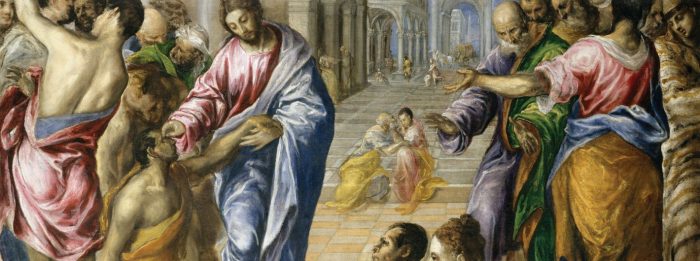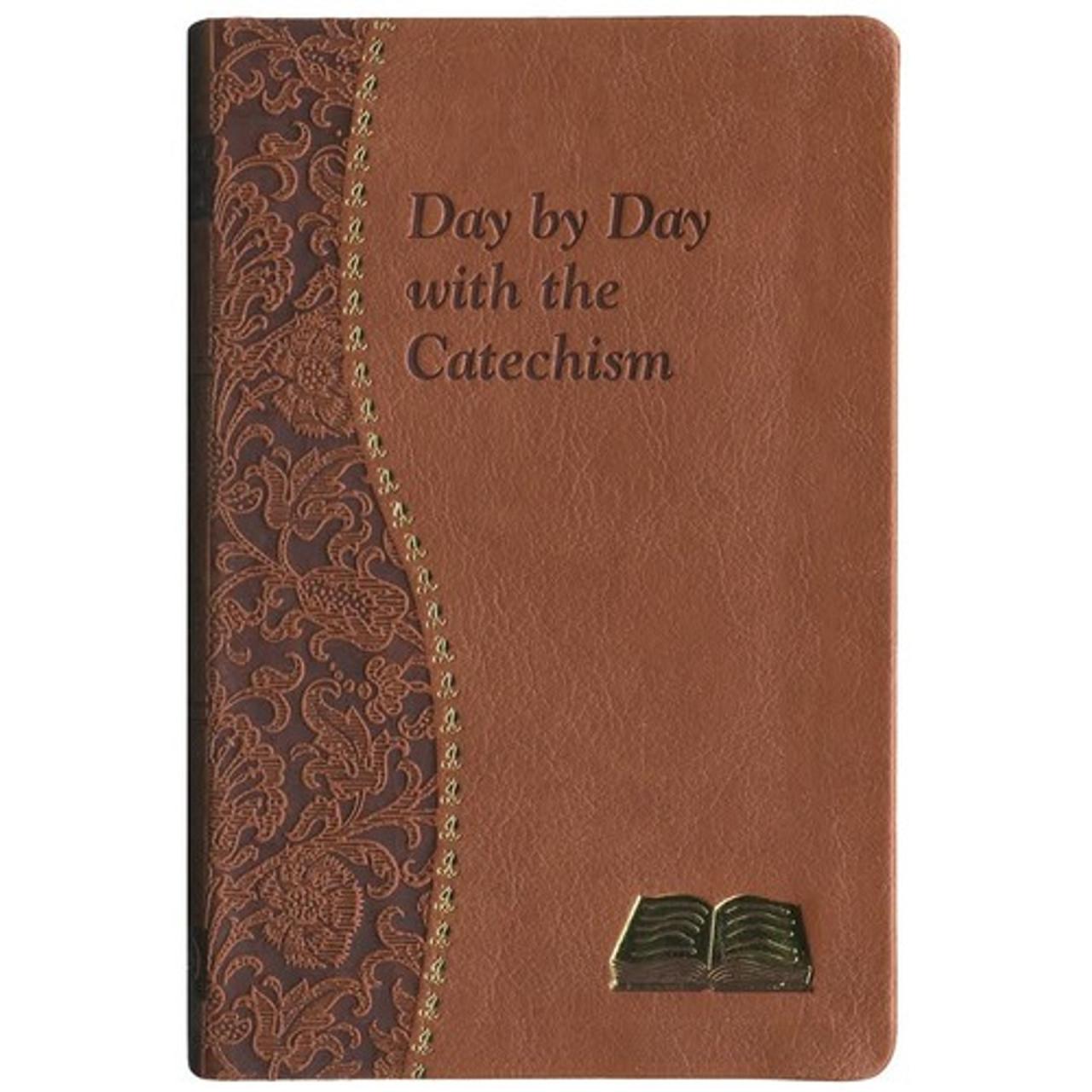Embark on a year-long journey of faith and understanding with Catechism in a Year Day 150. This comprehensive guide provides a thorough exploration of the Catholic faith, its history, and its practical application in our modern world.
Delve into the origins and development of catechisms throughout history, and discover their crucial role in religious education and the transmission of faith. Understand the structure and content of the Catechism in a Year Day 150, and gain insights into its key themes and topics.
The Historical Context of Catechism

Catechisms, as we know them today, are the result of centuries of development and refinement within Christian communities. The origins of catechisms can be traced back to the early days of Christianity, when the Apostles and other early Christian leaders sought to teach and instruct new converts in the fundamental beliefs and practices of the faith.
As Christianity spread throughout the Roman Empire and beyond, the need for standardized instruction became increasingly apparent. In the 4th century, St. Cyril of Jerusalem composed a series of lectures known as the “Catechetical Lectures,” which provided a comprehensive overview of Christian doctrine and morality.
These lectures served as a model for later catechisms, which were developed to meet the specific needs of different Christian communities.
The Role of Catechisms in Religious Education, Catechism in a year day 150
Catechisms have played a vital role in the religious education of Christians throughout history. They have provided a systematic and accessible way to learn about the faith, and they have helped to ensure that the teachings of the Church are transmitted accurately from one generation to the next.
In the early centuries of Christianity, catechisms were used primarily to instruct new converts. However, as the Church grew and became more established, catechisms began to be used for the ongoing education of all Christians. Catechisms were used in schools, churches, and homes, and they were an essential part of the spiritual formation of Christians of all ages.
Significant Catechisms and Their Impact
Throughout history, a number of significant catechisms have been produced. Some of the most notable include:
- The Nicene Creed (325): This creed was developed at the Council of Nicaea and is one of the earliest and most important statements of Christian belief.
- The Apostles’ Creed (4th century): This creed is a concise statement of the basic beliefs of Christianity and is widely used in both Eastern and Western churches.
- The Heidelberg Catechism (1563): This catechism was written by the German Reformed theologian Zacharias Ursinus and is one of the most influential catechisms in the Protestant tradition.
- The Westminster Catechisms (1647): These catechisms were written by the Westminster Assembly and are widely used in Presbyterian churches.
- The Catechism of the Catholic Church (1992): This catechism was published by Pope John Paul II and is the authoritative statement of Catholic doctrine.
These catechisms have had a profound impact on Christian communities around the world. They have helped to shape the beliefs and practices of Christians, and they have played a vital role in the transmission of the Christian faith from one generation to the next.
The Structure and Content of the Catechism in a Year Day 150

The Catechism in a Year Day 150 is structured into two main sections:
- The Creed, which covers the fundamental beliefs of the Catholic faith, including the nature of God, the Trinity, the Incarnation, and the Church.
- The Sacraments, which explores the seven sacraments of the Catholic Church, their significance, and how they mediate God’s grace.
Each section is further divided into lessons, with each lesson covering a specific topic within the broader theme. The lessons are organized in a logical sequence, building upon the knowledge and insights gained in previous lessons.
Key Themes and Topics
The key themes and topics covered in the Catechism in a Year Day 150 include:
- The nature of God and the Trinity
- The Incarnation and the life of Jesus Christ
- The Holy Spirit and the Church
- The sacraments of Baptism, Confirmation, and Eucharist
- The sacraments of Penance, Anointing of the Sick, and Holy Orders
- The sacrament of Matrimony
Main Points and Insights
The main points and insights from the Catechism in a Year Day 150 emphasize the importance of:
- Understanding the fundamental beliefs of the Catholic faith as a foundation for living a Christian life.
- Recognizing the sacraments as channels of God’s grace and means of participating in the life of Christ.
- Living a life of faith, hope, and love in accordance with the teachings of the Church.
The Importance of Understanding the Catechism: Catechism In A Year Day 150

For Catholics, understanding the Catechism is paramount, serving as a fundamental guide to their faith. It provides a comprehensive framework for comprehending the teachings, beliefs, and practices of the Catholic Church.
The Catechism as a Foundation for Faith
The Catechism offers a systematic exposition of the Catholic faith, covering a wide range of topics, from the nature of God to the sacraments. By studying the Catechism, Catholics gain a deeper understanding of the beliefs they hold dear and can articulate them clearly to others.
Fostering Unity and Clarity
The Catechism plays a vital role in fostering unity and doctrinal clarity within the Church. It serves as a common reference point, ensuring that all Catholics have access to the same authoritative source of Catholic teaching. This helps to prevent doctrinal confusion and promotes a shared understanding of the faith.
As we delve deeper into the complexities of catechism in a year day 150, let’s not forget the importance of a solid foundation in music theory. Just as we explored the intricate harmonies of the e major triad bass clef here , we continue our journey in catechism, unraveling the profound truths of our faith with unwavering determination.
The Practical Application of the Catechism

The Catechism is not just a theoretical document; it is a practical guide for living a Christian life. It provides us with the knowledge and wisdom we need to make good decisions, grow in our faith, and live in accordance with God’s will.In
this section, we will explore some of the ways that the Catechism can be applied to our daily lives. We will see how its teachings can guide our moral decision-making, help us to grow spiritually, and form a well-rounded Catholic identity.
Moral Decision-Making
The Catechism provides us with a clear and concise framework for making moral decisions. It teaches us the principles of natural law, which are based on the inherent dignity of the human person, and it helps us to apply these principles to specific situations.For
example, the Catechism teaches us that human life is sacred and that we must never intentionally kill an innocent human being. This principle can help us to make decisions about abortion, euthanasia, and other life-and-death issues.The Catechism also teaches us that we must love our neighbors as ourselves.
This principle can help us to make decisions about how we treat others, how we use our resources, and how we participate in society.
The Role of the Catechism in the Modern World

In the midst of the ever-evolving landscape of modern society, the catechism remains an indispensable guide, providing timeless wisdom and direction for navigating the challenges and complexities of our time.
The catechism addresses contemporary issues head-on, offering insights and guidance on matters ranging from social justice to environmental stewardship. It encourages critical thinking and discernment, equipping individuals to make informed decisions and live out their faith in a world often characterized by ambiguity and uncertainty.
Interfaith Dialogue and Understanding
The catechism plays a pivotal role in fostering interfaith dialogue and promoting understanding among different religious traditions. By articulating the core beliefs and values of Catholicism, it creates a common ground for respectful engagement and discussion.
- The catechism emphasizes the importance of respecting the dignity of all human beings, regardless of their religious affiliation.
- It encourages Catholics to engage in dialogue with other faiths, seeking common ground and fostering mutual understanding.
- By promoting a deeper understanding of different religious traditions, the catechism helps dispel stereotypes and prejudices, fostering a climate of tolerance and respect.
Query Resolution
What is the purpose of the Catechism in a Year Day 150?
To provide a comprehensive understanding of the Catholic faith, its history, and its practical application in our daily lives.
How can the Catechism help me in my faith journey?
It provides a framework for understanding the teachings of the Church, fostering unity and doctrinal clarity, and guiding moral decision-making and spiritual growth.
Is the Catechism relevant in today’s world?
Absolutely. The Catechism addresses modern challenges and provides guidance for living out our faith in a changing world, fostering interfaith dialogue and promoting understanding.